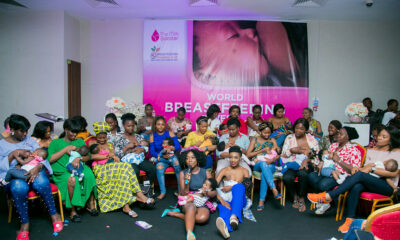Promotions
The Milk Booster Breastfeeding Company Launches a Breast Milk Bank in Nigeria
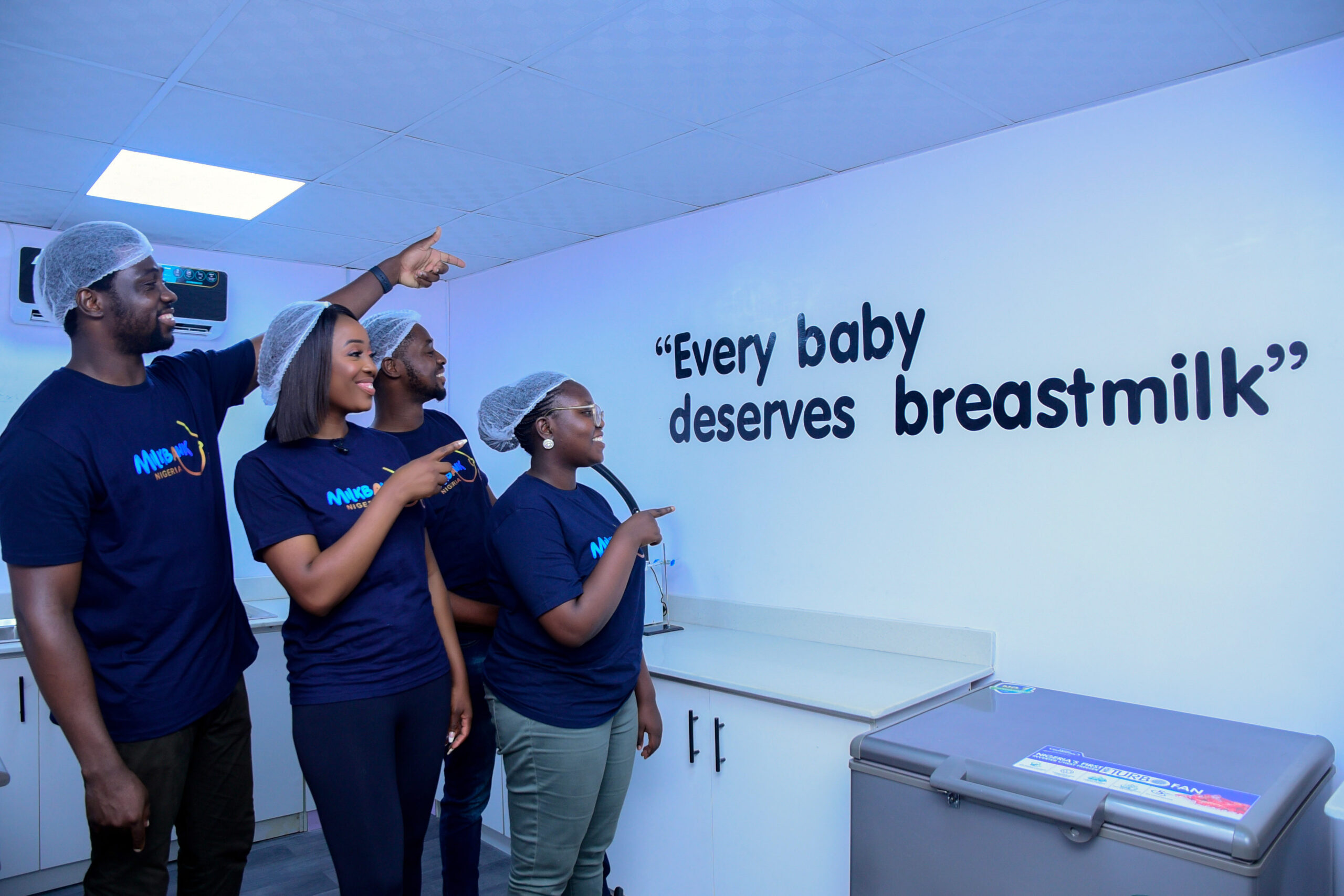
In 2018, the Nigeria Demographic and Health Survey, NDHS, put the rate of exclusive breastfeeding in Nigeria at 29 per cent. This figure is unsurprisingly still within the same range in 2022, which means over 70% of babies born in Nigeria are still lacking adequate breastfeeding.
This year’s World Breastfeeding Week is being observed around the globe, and The Milk Booster breastfeeding company has expressed concerns about the need to consistently educate the public and support parents so that all infants in Nigeria can receive breast milk.
Since 2017, The Milk Booster team, led by Dr. Chinny Obinwanne-Ezewike, has consistently offered accessible breastfeeding and motherhood support through the production of healthy lactation products, free breastfeeding resources, and free and paid lactation consultations, live events, and ongoing breastfeeding awareness on significant social media platforms.
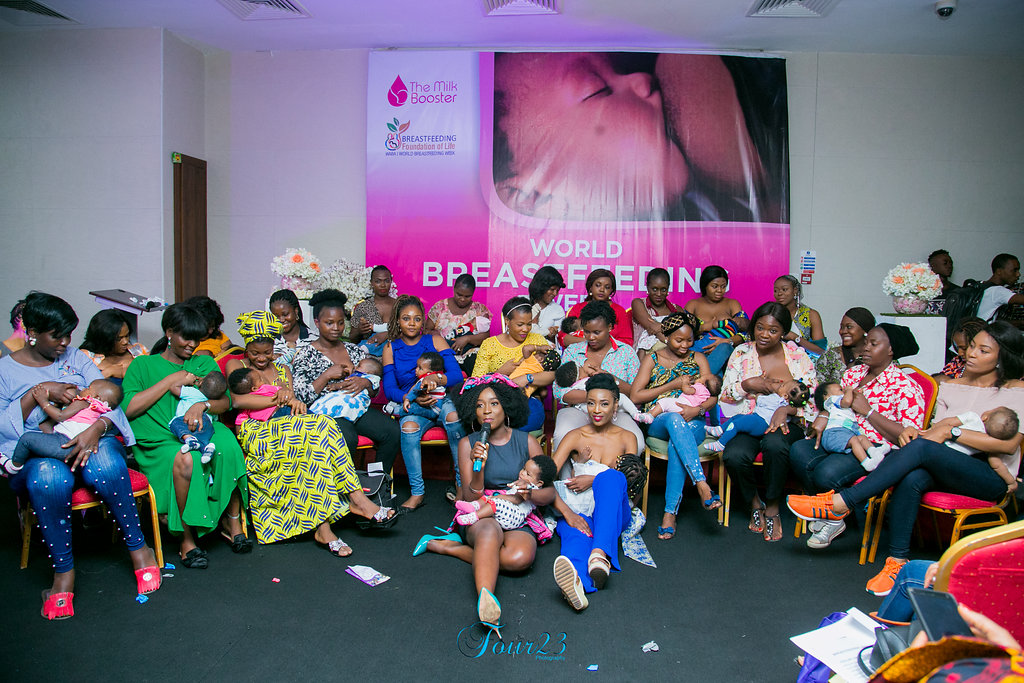
For the 2022 Annual Breastfeeding Conference, with the theme “Step up for breastfeeding: Educate and support,” here is yet another chance to raise amplified awareness.
“Revamping the capacity of actors in the warm chain through education and transformation of the existing systems will help ensure breastfeeding-friendly healthcare facilities, supportive communities and workplaces, underpinned by evidence-based national policies” – WABA
As done yearly, the team hosted a virtual conference for moms on the August 6th on all their social media pages, including Instagram, Facebook, and YouTube. But most importantly, the team also launched the first-ever breast milk bank in Nigeria.
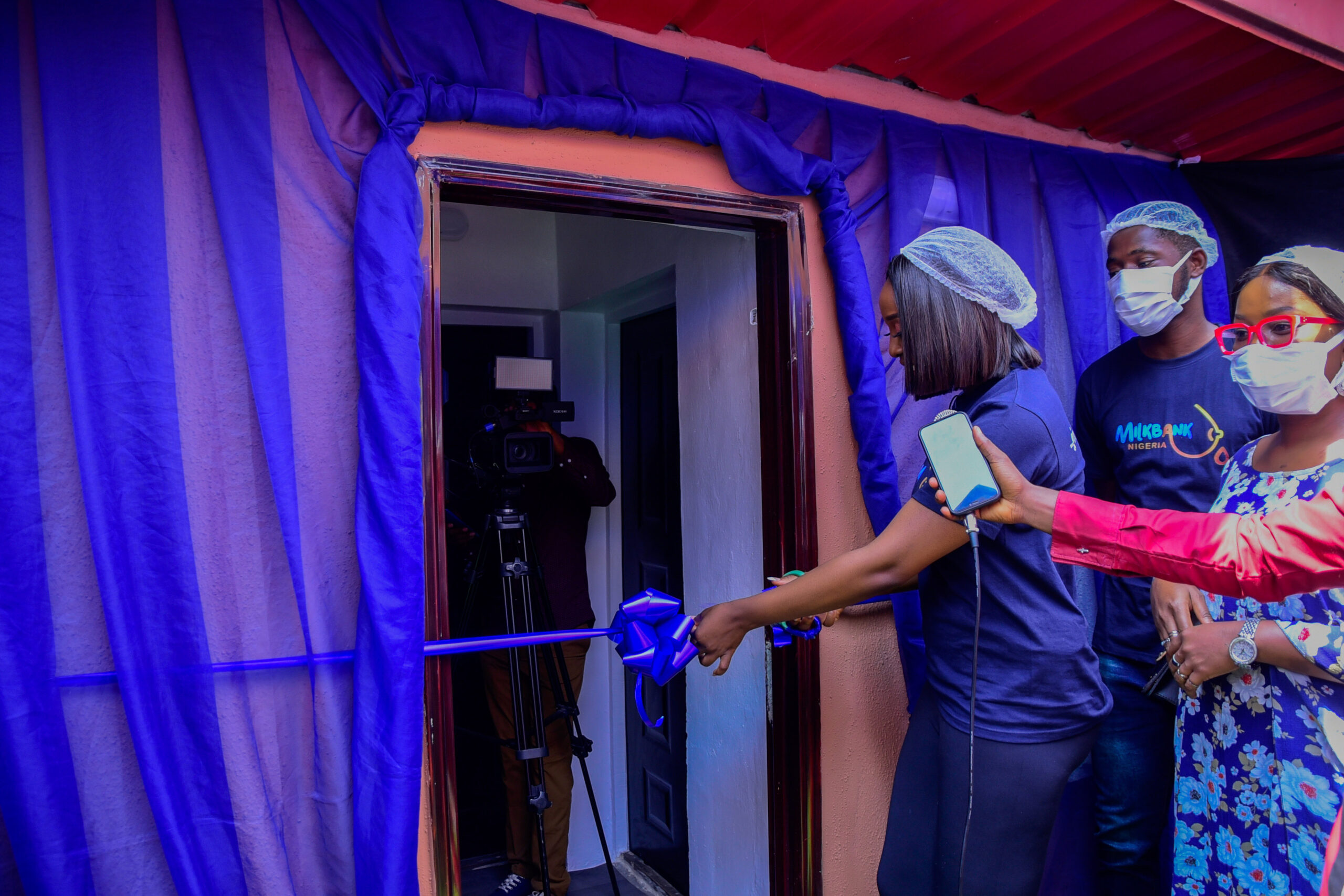
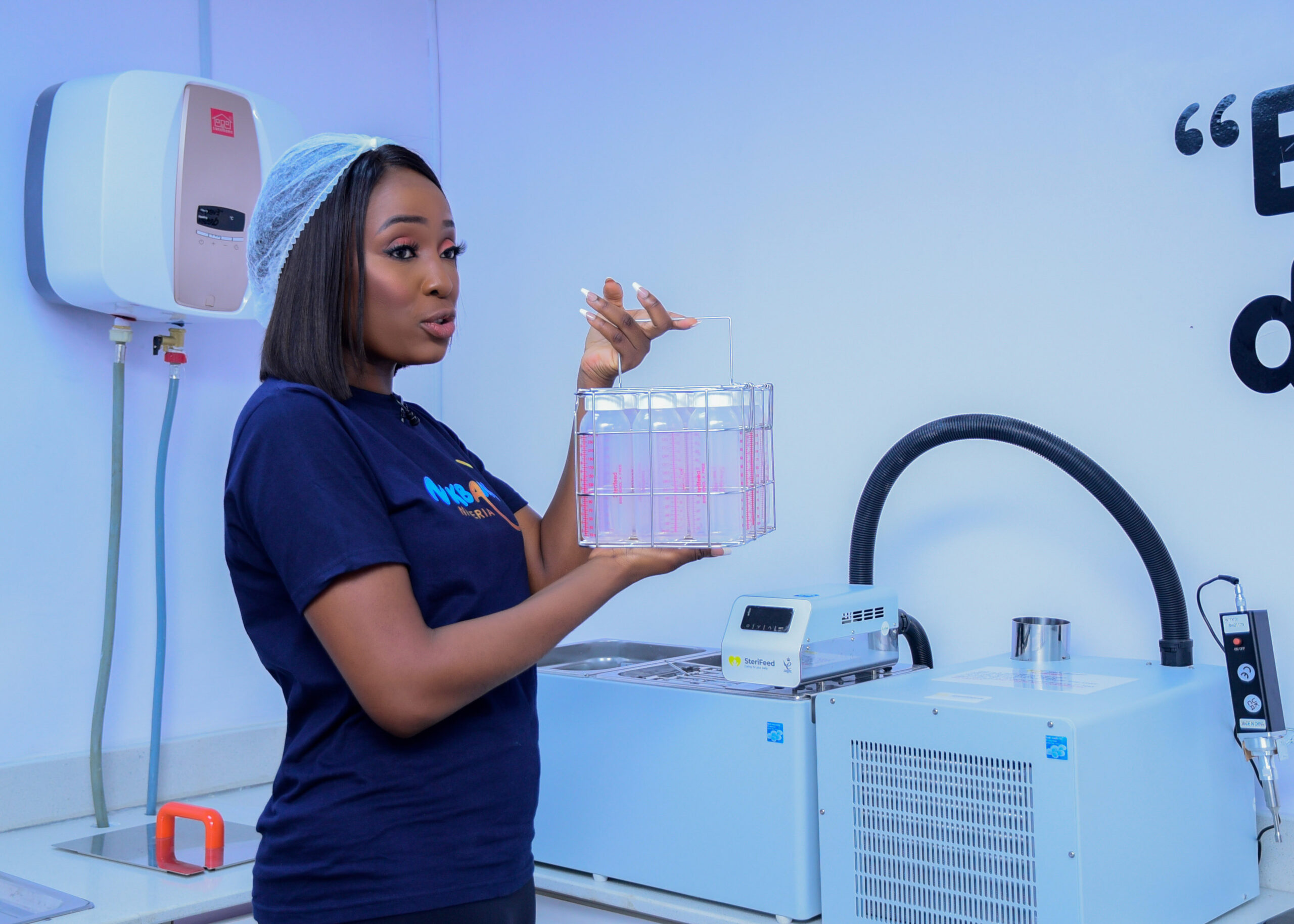 The Milk Bank Ng began operations this August and is set to promote the health of Nigerian babies by providing access to safe, pasteurised donor human milk.
The Milk Bank Ng began operations this August and is set to promote the health of Nigerian babies by providing access to safe, pasteurised donor human milk.
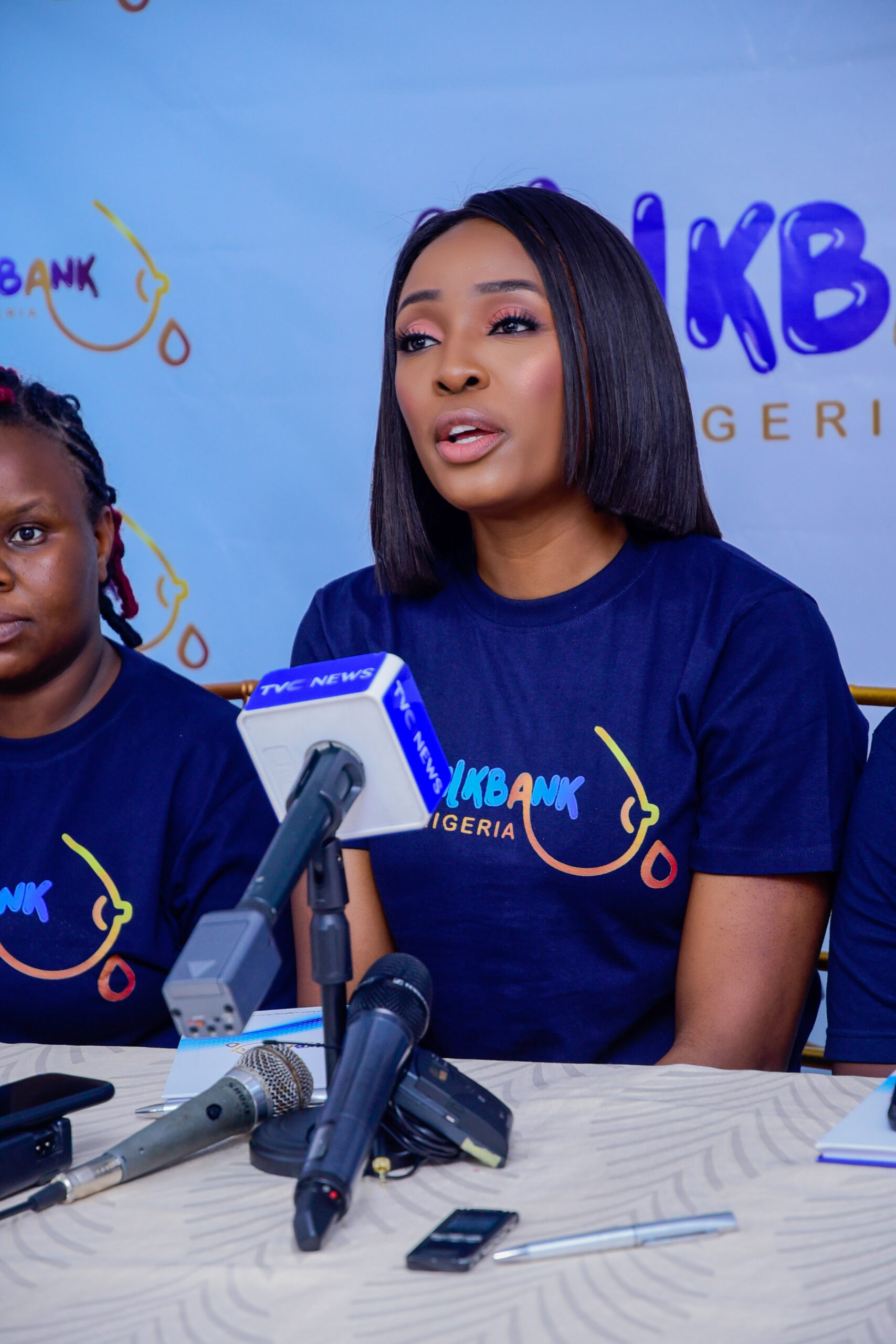
“Nigeria premature babies can now stay alive,” said Dr Chinny Obinwanne, the Medical Director for the Milk Bank Nigeria. She added that it would be great if parents in Nigeria gave donor milk, especially to premature babies and for mothers to voluntarily donate their milk, as well as for other stakeholders to join in and aid the organisation in distributing pasteurised breast milk to the regions all around the nation.
Sponsored Content


